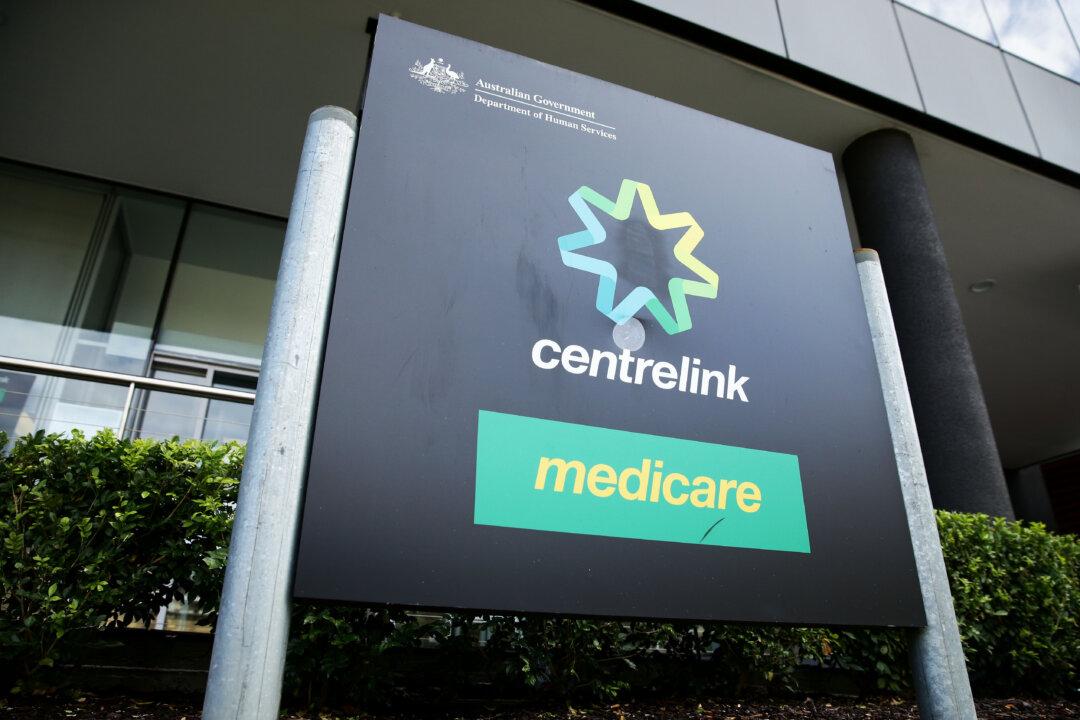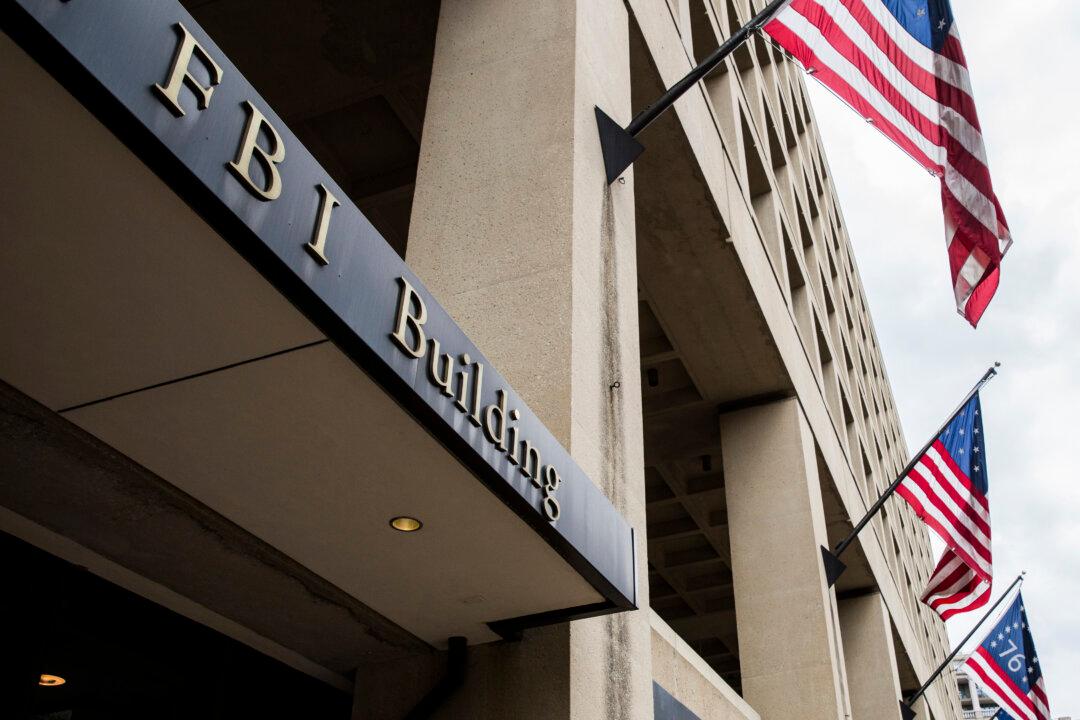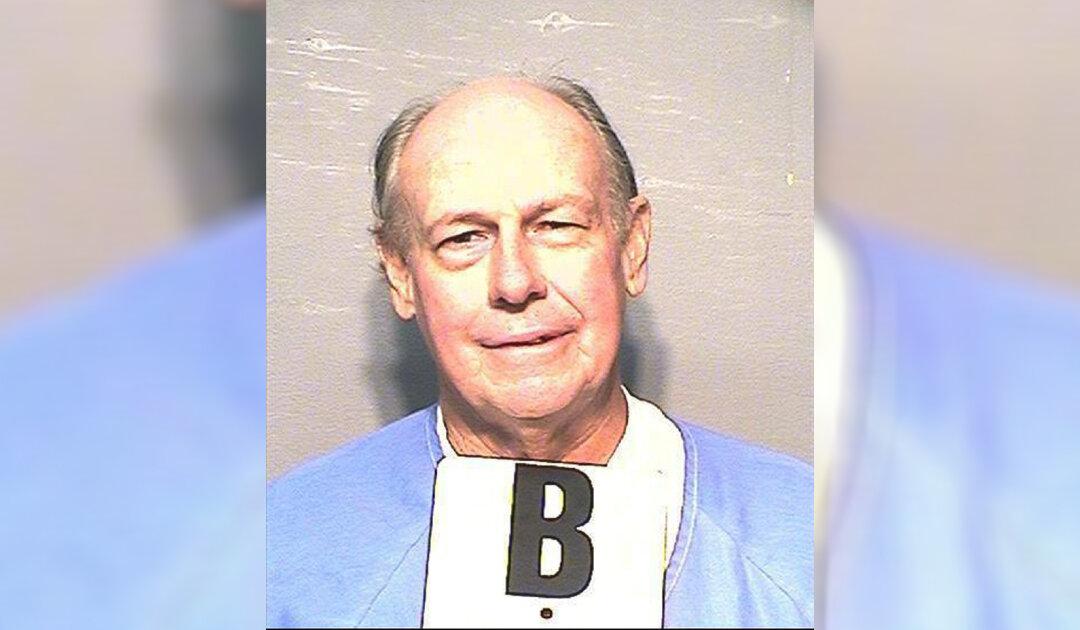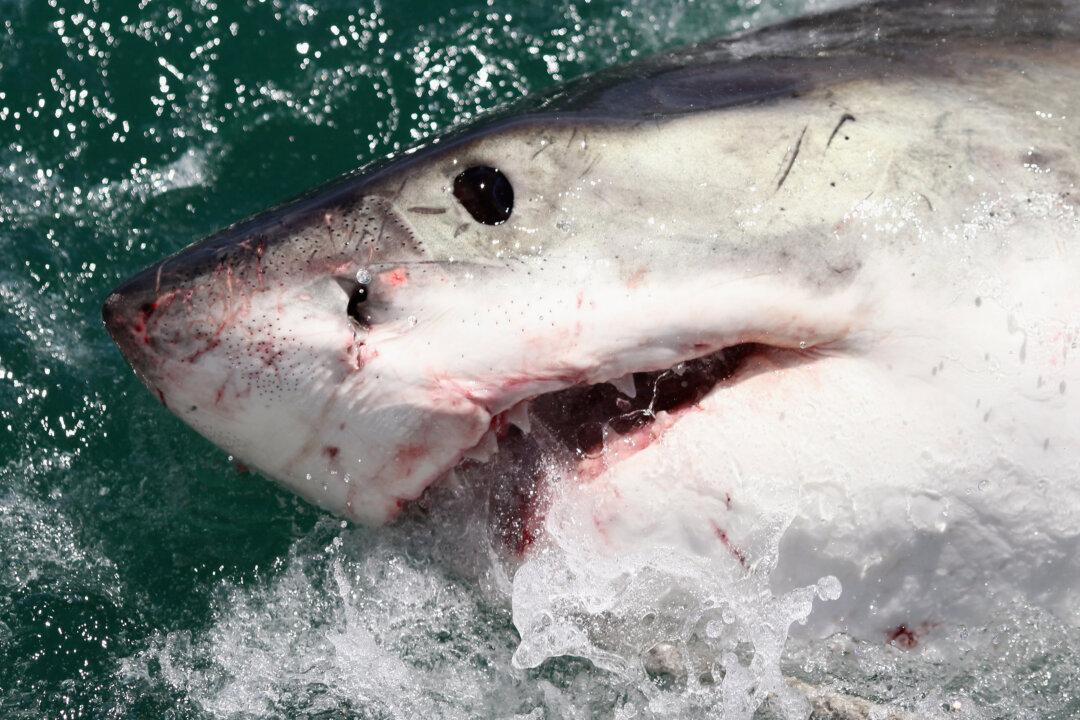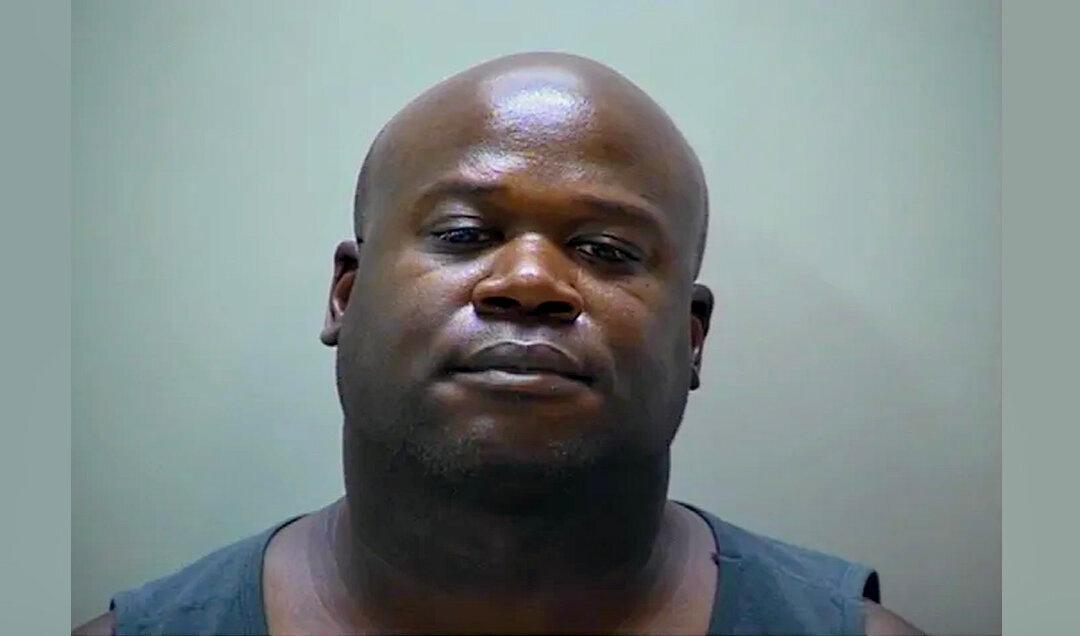The leader of the nation-minded New South Wales One Nation party is demanding that those claiming welfare payments based on Australian Indigenous heritage be subject to a DNA test in a bid to end abuse of the system by opportunists.
Mark Latham, also Australia’s former Labor opposition leader, has vowed to crack down on welfare abuse by rorters who claim to be of Aboriginal heritage but have no recognisable Aboriginal background if elected to the NSW Parliament in the upcoming state general election on March 23.
